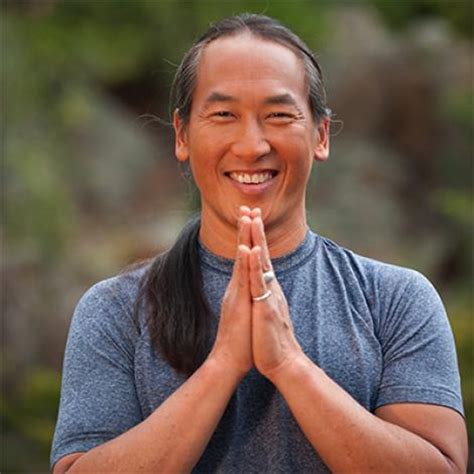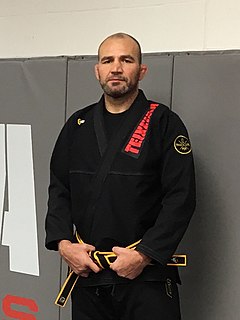A Quote by Rodney Yee
Become better listeners. Practice the art of listening in everything you do. Not just listening to yourself and your body, but listening to the people around you, listening to the plant world, the animal world. Really open your ears to what's coming at you. From there, see if you can have the ability to respond instead of react. And that usually comes with listening. If the observation and the listening are deep, then your action will be deep also.
Related Quotes
Deep Listening is listening in every possible way to everything possible to hear no matter what you are doing. Such intense listening includes the sounds of daily life, of nature, or one's own thoughts as well as musical sounds. Deep Listening represents a heightened state of awareness and connects to all that there is. As a composer I make my music through Deep Listening
Deep Listening is listening to everything all the time, and reminding yourself when you're not. But going below the surface too, it's an active process. It's not passive. I mean hearing is passive in that soundwaves hinge upon the eardrum. You can do both. You can focus and be receptive to your surroundings. If you're tuned out, then you're not in contact with your surroundings. You have to process what you hear. Hearing and listening are not the same thing.
The secret is to listen, open your mind, listen to the pros. With the help of the UFC's Performance Institute, too. Listening to my coaches and listening to my body, too. Having discipline. It's not just listening, too, because sometimes people have the knowledge but don't know how to use it. You need to be able to put that to practice.
Listening is a very deep practice. You have to empty yourself. You have to leave space in order to listen especially to people we think are our enemies - the ones we believe are making our situation worse. When you have shown your capacity for listening and understanding, the other person will begin to listen to you, and you have a change to tell him or her of your pain, and it's your turn to be healed. This is the practice of peace.
Listening is totally different from hearing. Hearing, anybody who is not deaf can do. Listening is a rare art, one of the last arts. Listening means not only hearing with the ears but hearing from the heart, in utter silence, in absolute peace, with no resistance. One has to be vulnerable to listen, and one has to be in deep love to listen. One has to be in utter surrender to listen.





























